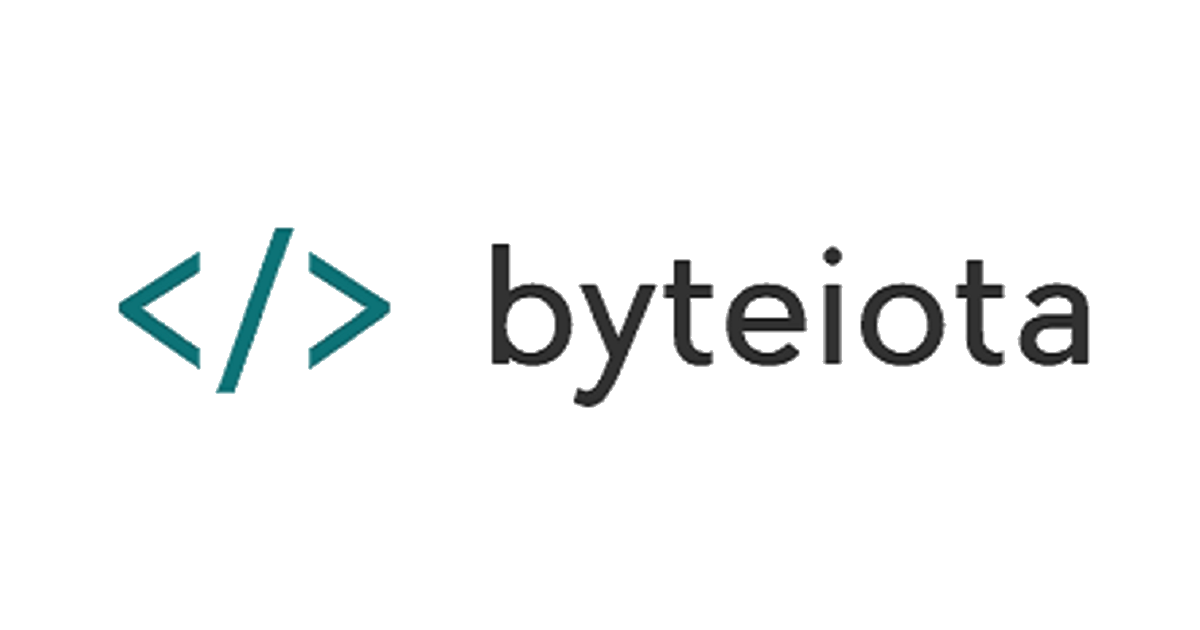
AI coding assistants like GitHub Copilot and ChatGPT have made developers dramatically faster at writing code—studies show 55% faster task completion. But speed isn’t skill. The same studies reveal 41% more bugs and a troubling pattern emerging across the industry: developers generating code they don’t understand, can’t debug, and wouldn’t be able to write themselves. Stack Overflow traffic down 50% since ChatGPT launched in November 2022 sounds like efficiency until you realize it means developers have stopped practicing the most fundamental skill in programming: problem-solving.
This isn’t about resisting new tools. It’s about recognizing that AI coding assistants are fundamentally different from previous abstractions—they allow developers to skip comprehension entirely. When generation replaces understanding, we create dependency, not capability.
The Evidence Is Mounting
The speed-versus-comprehension tradeoff isn’t theoretical—it’s showing up in measurable ways. GitHub’s own research found developers using Copilot completed tasks 55% faster but produced code with 41% more bugs in blind tests. Moreover, Stanford researchers discovered that AI-assisted developers were significantly less likely to notice security vulnerabilities in generated code compared to those writing manually. The productivity gains came with false confidence in correctness.
Stack Overflow tells the bigger story. Monthly question volume dropped from roughly 8 million to 4 million since late 2022—a 50% decline that coincides perfectly with ChatGPT’s release. On the surface, that’s efficiency. However, it’s also 4 million fewer instances of developers researching documentation, reading explanations, and practicing problem-solving. The skill atrophy happens slowly, then suddenly.
Hiring managers report a new pattern: candidates submit sophisticated take-home assignments—clearly AI-generated—then collapse during code review. They can’t explain basic design decisions. Consequently, one manager described it bluntly: “They generated a perfect REST API with proper error handling but couldn’t explain what a 422 status code means.” The code works until it doesn’t, and then these developers hit a wall.
Related: GitHub Copilot Workspace: AI-Powered Development Workflows
This Time Actually IS Different
The pro-AI camp reaches for the same analogy: “Tools always evolve. We don’t write assembly anymore either.” This comparison breaks down under scrutiny. Nevertheless, previous abstractions—high-level languages, frameworks, IDEs—raised the floor of abstraction while maintaining the requirement of understanding. You learned concepts at higher levels. In contrast, AI tools are categorically different: they allow skipping understanding at ALL levels.
Consider the difference. With frameworks, you learn “use Express middleware for authentication”—you understand the concept of middleware and why authentication belongs there. With AI, you prompt “add authentication” and receive middleware you’ve never seen. Therefore, one abstracts implementation details while preserving conceptual understanding. The other generates complete solutions without requiring any understanding whatsoever.
This distinction matters because debugging requires comprehension. Furthermore, you can’t fix code you don’t understand. Previous tools automated tedious work but assumed you knew what you were doing. AI tools make no such assumption—they’ll happily generate code for developers who have no idea what they’re looking at.
The Dependency Spiral
The pattern is self-reinforcing. Developers use AI for simple tasks. They lose practice with fundamentals. Complex problems become harder. They rely more heavily on AI. Consequently, skills degrade further. MIT research documented this “learned helplessness” pattern in novice programmers—they defaulted to AI prompts even for simple tasks they should understand instinctively.
The University of Toronto found that AI tools proved effective for experienced developers with 5+ years who used them selectively, but detrimental for beginners with 0-2 years who treated them as crutches. The critical difference: experienced developers have mental models to evaluate AI output. Beginners don’t know what they don’t know. As a result, they accept whatever the AI generates and hope it works.
This creates the “debugging wall” that senior developers describe seeing in junior hires. When AI-generated code breaks—and it will—these developers can’t diagnose the problem because they didn’t write the code, don’t understand its architecture, and can’t reason about failure modes. Their only strategy: regenerate with different prompts and pray. That’s not development. That’s prompt whack-a-mole.
Related: Anthropic Computer Use API: AI Agents Control Your PC
The Counterargument Has Merit, But Misses the Point
The pro-AI position isn’t wrong about productivity. McKinsey documented 35-45% time reductions in coding tasks. Additionally, barriers to entry have dropped for career switchers and non-programmers. Boilerplate elimination is real value. Furthermore, Andrej Karpathy argues that skills are evolving, not degrading—prompt engineering, system design, and result evaluation matter more than syntax memorization. That’s specialization, not decline.
Simon Willison, Django’s creator, uses AI tools constantly and reports no skill degradation: “My skills haven’t declined—they’ve shifted. I write less boilerplate, think more about architecture. That’s the right tradeoff.” For experienced developers with strong fundamentals, this rings true. They have the knowledge base to evaluate AI output critically, recognize incorrect suggestions, and maintain understanding throughout the process.
The problem isn’t AI tools themselves—it’s who’s using them and how. Tools that augment experienced developers’ capabilities create dependency in beginners trying to skip fundamentals. The same technology produces opposite outcomes depending on the foundation beneath it. Therefore, when beginners use AI to bypass learning, they never build that foundation. They look productive in the short term while accumulating technical debt in their own skill set.
Autocomplete, Not Autopilot
The solution isn’t rejecting AI tools—that’s neither realistic nor optimal. It’s using them deliberately. Think autocomplete, not autopilot. Experienced developers who maintain strong skills follow consistent patterns: they understand every line before accepting AI-generated code, reject suggestions they can’t comprehend, use AI only for boilerplate they already know how to write, regularly challenge themselves to solve problems without AI assistance, and treat AI output like a junior developer’s pull request—reviewed critically, never trusted blindly.
The red flags are obvious when you look for them. If you can’t explain code you just used, you’re in trouble. If you panic when AI tools are unavailable, that’s dependency. If you skip documentation because “AI knows better,” you’ve stopped learning. Moreover, if you haven’t written code from scratch recently, your fundamentals are atrophying. If you can’t debug unfamiliar code, the problem isn’t the code—it’s your skill set.
The uncomfortable truth: AI coding assistants are making some developers worse programmers. Not all developers. Not necessarily forever. But right now, in this moment, we’re creating a cohort that can generate impressive-looking code without understanding it. Fast generation combined with slow comprehension doesn’t equal productivity—it equals fragile systems built on borrowed capability.
Key Takeaways
- Speed doesn’t equal skill: 55% faster task completion with 41% more bugs isn’t progress—it’s trading comprehension for velocity, and that tradeoff creates fragile systems and unemployable juniors
- AI tools allow skipping understanding entirely, which makes them fundamentally different from previous abstractions like high-level languages and frameworks that still required conceptual comprehension
- The dependency spiral is real and self-reinforcing: use AI for simple tasks, lose practice with fundamentals, struggle with complex problems, rely more on AI, skills degrade further
- Experience matters critically: AI helps skilled developers with strong fundamentals eliminate boilerplate, but hurts beginners trying to bypass learning the fundamentals they’ll need when AI fails
- The solution is mindful use—treat AI as autocomplete (suggestions you evaluate) rather than autopilot (solutions you accept blindly), and deliberately maintain fundamentals even when AI makes them seem unnecessary


